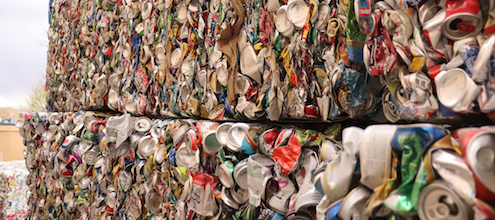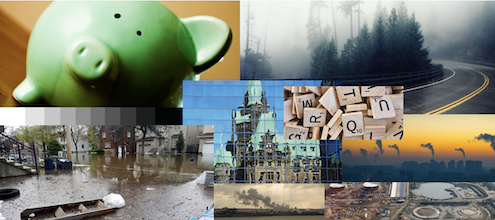
Problematic new study overestimates effects of carbon pricing in Canada
Climate and Energy Carbon Coordination Carbon Pricing CompetitivenessYesterday, the Conference Board of Canada released an analysis of the impacts of carbon pricing on Canadian industry called Tipping the Scales: Assessing carbon competitiveness and leakage potential for Canada’s EITEIs. The report explains and unpacks some key nuances around competitiveness and leakage. But shortcomings in its framing and methodology ultimately detract from its accuracy […]





